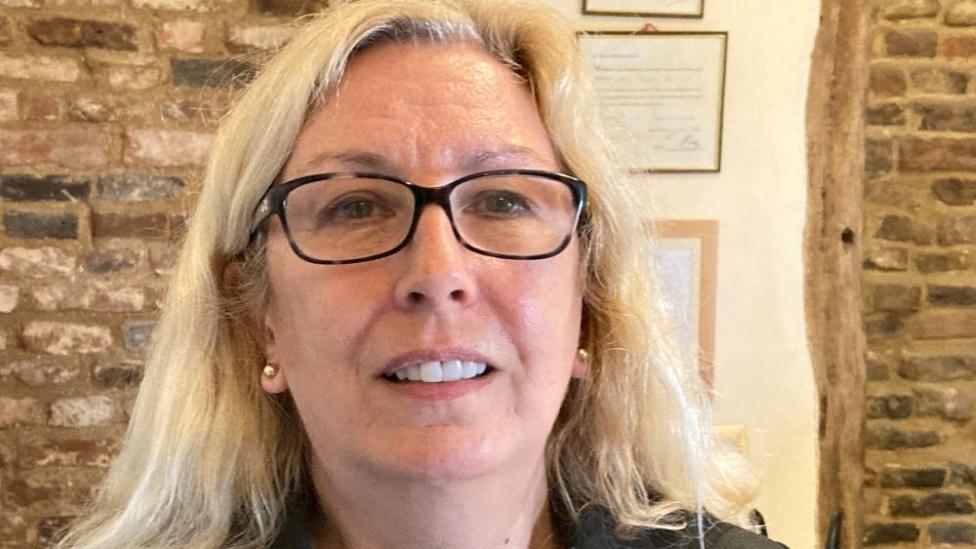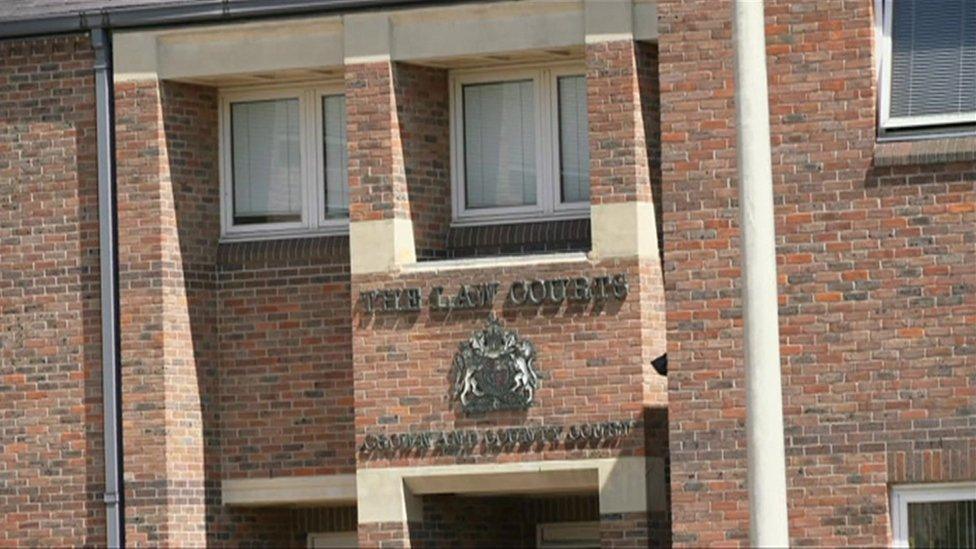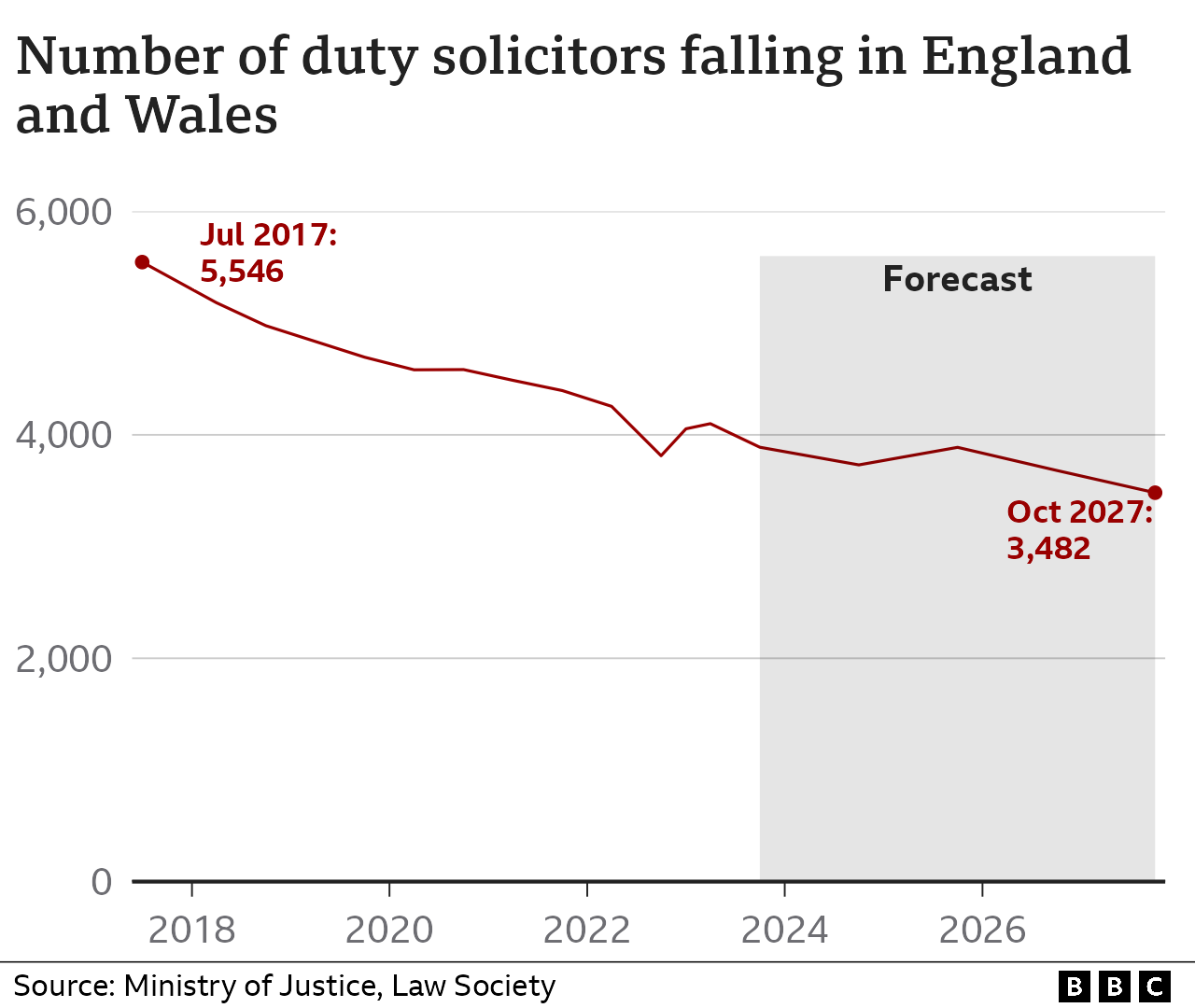Norfolk court delays 'mean justice isn't being done'
- Published

Alison Muir said delays in cases coming to court caused stress for those involved
A senior criminal lawyer said court delays meant "justice isn't being done at all for anybody".
Alison Muir, based in King's Lynn in Norfolk, said her firm had 50 cases waiting for trial before the pandemic, but that had now increased to 180.
"It has an effect on everybody in the system, whether it's defendants waiting for their cases to be called, victims, or witnesses," she said.
The Ministry of Justice said it was working on reducing court delays.
Ms Muir, partner at Metcalfe Copeman & Pettefar and head of the criminal law department, said delays at court "causes a great deal of stress for everybody involved".
"If defendants are remanded in custody awaiting their case they could be in prison months longer than they would ordinarily have been," she said.

Norwich Law Courts houses the city's crown court, which Ms Muir said he been hit by delays
Ms Muir said with serious offences that go to crown court, cases can be delayed "due to lack of court time, lack of judges or prosecutors or defence lawyers".
One case she said she was dealing with was from an alleged serious offence from June 2021.
"The first hearing in the magistrates' court was a year later in June 2022. The trial was listed for June 2023, but due to lack of court time, has been vacated and is now listed for June 2024.
"So you're looking at three years from when the alleged offence took place to the case actually coming up to trial and of course we have no idea if that trial will go ahead."
She said another case involved a "defendant who was charged with a very serious indictable offence", who spent nine months on remand before being acquitted.

Ms Muir said one of the causes of the delays was a shortage of criminal law solicitors, saying it was "difficult to recruit younger people to come into the profession".
"With the long delays that we have, justice isn't being done at all for anybody who's involved with us, particularly victims or witnesses as well as defendants," she added.
A Ministry of Justice spokesperson said there were "more people being brought before the courts to face justice, particularly for violent offences".
"We are doing all we can to reduce the outstanding caseload in the Crown Court, including lifting the cap on the number of days courts can sit and recruiting more judges to help restore the swift access to justice victims deserve," they added.

Follow East of England news on Facebook, external, Instagram, external and Twitter, external. Got a story? Email eastofenglandnews@bbc.co.uk, external or WhatsApp us on 0800 169 1830
Related topics
- Published20 June 2023
- Published9 February 2023